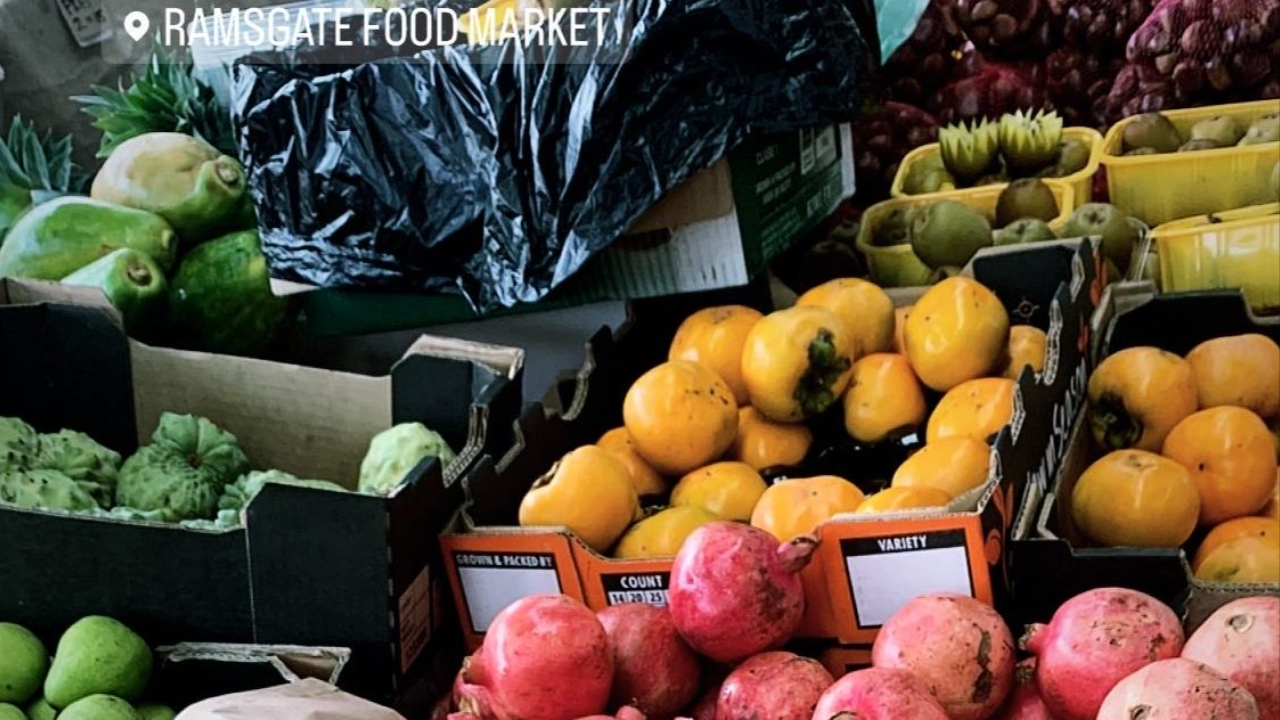
Buying Organic: Is Eating Organic better?
Aug 07, 2025Organic foods are those that are produced without the use of hormones, antibiotics, pesticides, herbicides, synthetic fertilisers, and chemical additives. These foods may contain 30-40% more polyphenols, which are compounds in plants known for their antioxidant, anti-inflammatory, and disease-preventing properties.
How do we know if pesticides are safe? Usually, researchers conduct studies by feeding mice and rats diets rich in specific pesticides to identify any potential development of cancers or diseases. The amounts of pesticides present in our food are deemed safe for human consumption, but further research in this area is still needed.
There have been correlations between high pesticide exposure and non-Hodgkin lymphoma, however, for the general population, there's no need to worry about this association except for those who work with pesticides regularly, like farmers.
While some lower quality and poorly conducted studies suggest a potential link between pesticide consumption and conditions like ADHD, infertility, adverse pregnancy outcomes, birth defects, and impaired child growth, these findings alone do not provide strong enough evidence to establish pesticides as a direct cause of these conditions.
Organic foods appear to have a more positive impact on the microbiome, which is especially important for young children or pregnant individuals due to the microbiome's crucial development during these life stages.
People who consume a diet rich in plants and vegetables may have higher levels of pesticides in their blood and urine. Nonetheless, consuming non-organic produce does not diminish the benefits of a plant-rich diet. Therefore, it remains crucial to include a sufficient amount of fruits and vegetables in your diet to meet dietary fiber, vitamin, and mineral requirements while also reducing inflammation and oxidative stress.
For those concerned about pesticide residues, it may be helpful to choose organic options for fruits and vegetables with high water content, as the water can help absorb some of the pesticides sprayed on the crops. Examples include strawberries, kale, tomatoes, cucumbers, pears, nectarines, and lettuce. Surprisingly, oats also contain up to 5-10 times more pesticide content than other cereal grains due to the drying process before harvesting. Additionally, rice from India and Pakistan has been found to have high arsenic levels.
A more affordable way to buy organic is by choosing organic frozen or canned fruits and vegetables, such as frozen fruit or canned beans, corn, and tomatoes.
Foods that are protected by their own skin, like avocados, bananas, mangoes, onions, and garlic, don't necessarily need to be purchased as organic. Since we don't typically eat the skin, any pesticides present there are less likely to be consumed.
If you can't afford to buy organic, don't stress about it! Stress alone can be more harmful than consuming safe levels of pesticides. Instead, you can wash and soak your produce in a mixture of a teaspoon of bicarbonate soda per two cups of water to remove most surface-level pesticide residues. While peeling vegetables is even more effective, keep in mind that it may reduce the fiber content and leave some residues in the deeper layers of the fruit that cannot be avoided. Although choosing organic produce can have certain benefits, maintaining a plant-rich diet and incorporating a variety of fruits and vegetables into your meals remain essential for overall health and well-being.
Baudry, J. et al. (2018) ‘Association of frequency of organic food consumption with cancer risk’, JAMA Internal Medicine, 178(12), p. 1597. doi:10.1001/jamainternmed.2018.4357.
Bradbury, K.E. et al. (2014) ‘Organic food consumption and the incidence of cancer in a large prospective study of women in the United Kingdom’, British Journal of Cancer, 110(9), pp. 2321–2326. doi:10.1038/bjc.2014.148.
Mesnage, R. et al. (2022) ‘Impacts of dietary exposure to pesticides on faecal microbiome metabolism in Adult Twins’, Environmental Health, 21(1). doi:10.1186/s12940-022-00860-0.
Pare, S. (2022) Pesticides: Bad news for gut bacteria?, Pesticides: Bad News for Gut Bacteria? Available at: https://joinzoe.com
Don't miss a beat!
Receive my latest health tips, exclusive offers, and course updates — straight to your inbox.
We hate SPAM. We will never sell your information, for any reason.

